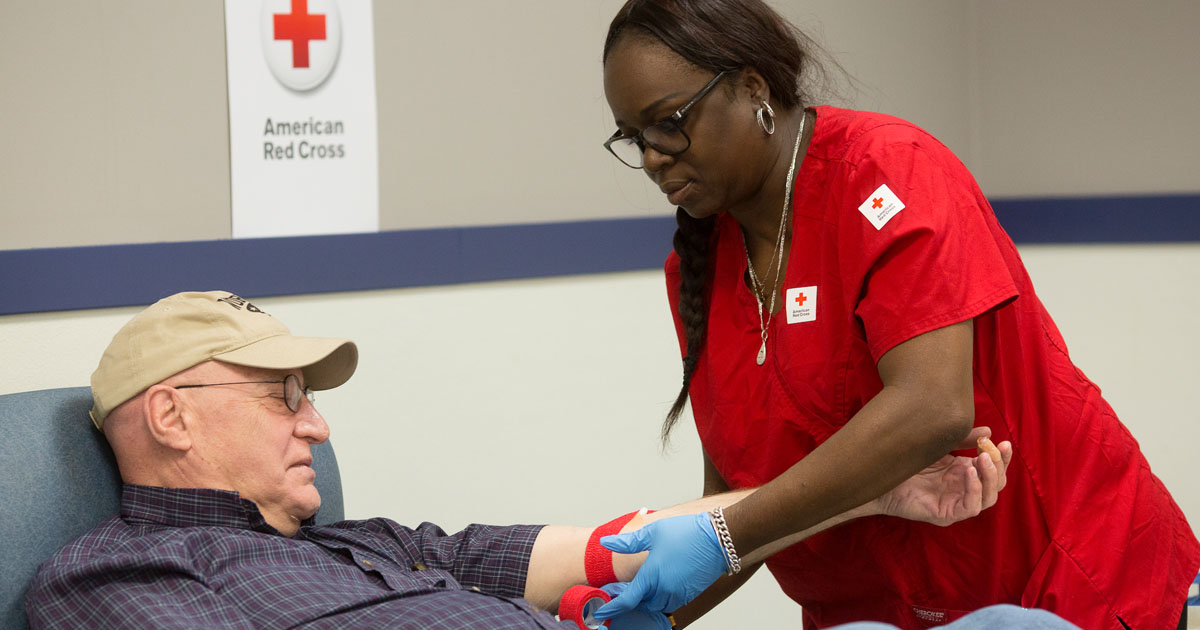Nelson Vergel
Founder, ExcelMale.com
NOTE: Be very careful if you donate blood more than every 3 months to decrease hematocrit. This could happen to you.
In the U.S., 70 percent of the blood supply comes from repeat donors. Limiting their giving may hamper a system that already suffers shortages. The Mayo Clinic predicts a 10 percent drop in its supply from its restrictions on donors after finding that one-third had iron deficiency.
“We want to make sure we don’t have a group of people walking around being iron deficient,” said Manish Gandhi, the medical director of the Mayo Clinic’s blood donation center. “Blood donation in the U.S. is an altruistic thing. We need to focus on what we should be doing to protect these wonderful donors.”
Almost 10 million Americans annually give blood. Still, that’s only 5 percent of those eligible, according to a national survey conducted by the U.S. Department of Health and Human Services. The agency’s REDS-III study, under way since 2011, is examining donors’ iron levels as part of an effort to improve blood banking and transfusion practices. Boosting the number of donors may be key to a healthier blood banking system.
 www.ncbi.nlm.nih.gov
www.ncbi.nlm.nih.gov

 www.redcrossblood.org
www.redcrossblood.org
In the U.S., 70 percent of the blood supply comes from repeat donors. Limiting their giving may hamper a system that already suffers shortages. The Mayo Clinic predicts a 10 percent drop in its supply from its restrictions on donors after finding that one-third had iron deficiency.
“We want to make sure we don’t have a group of people walking around being iron deficient,” said Manish Gandhi, the medical director of the Mayo Clinic’s blood donation center. “Blood donation in the U.S. is an altruistic thing. We need to focus on what we should be doing to protect these wonderful donors.”
Almost 10 million Americans annually give blood. Still, that’s only 5 percent of those eligible, according to a national survey conducted by the U.S. Department of Health and Human Services. The agency’s REDS-III study, under way since 2011, is examining donors’ iron levels as part of an effort to improve blood banking and transfusion practices. Boosting the number of donors may be key to a healthier blood banking system.
Frequent blood donors risk iron deficiency - PMC

Iron and Blood Donation
Your body needs iron to make new blood cells, replacing the ones lost through blood donations. Learn how to improve hemoglobin levels for blood donation.
Last edited:














